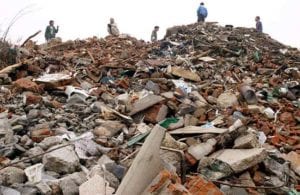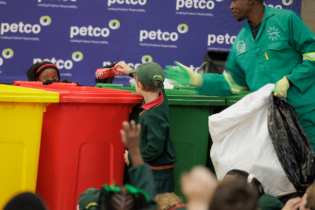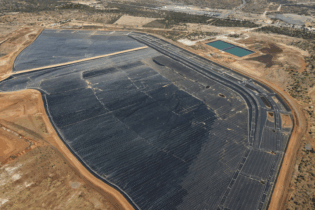South Africans generate more than 12 million tons of household waste per annum. One portion of the waste that could see more recycling is carton, the paper-based packaging used to safely package food, milk and juices.
Of the millions of tons of waste that is generated locally, much of it is recyclable, such as paper and cardboard, cans, glass, plastic, and it’s actually collected for that purpose. Cartons represent a significant revenue stream for waste collectors and management businesses that want to collect, sort, and sell it to paper mills but until recently they’ve had few options to exploit the opportunity. That has changed because two innovative companies have concluded an agreement that will open up a new potential revenue stream for waste collection and management companies in South Africa. The carton marketThe market potential is enormous. On average South Africans produce 700 grams of household waste per day, according to South African Waste Information Centre (SAWIC), which may not sound like much but with 50 million inhabitants that equates to 35 000 tons per day. More specifically there are more than 2.4 billion cartons produced in sub-Saharan Africa each year representing in excess of 37 000 tons of waste. But carton has not been widely collected and recycled in South Africa. We collected about 4.1% of waste carton in sub-Saharan Africa in 2010. One of the major hurdles with recycling has been the fact that, although it is 75% paper, the remaining 25% consists of foil and polyethylene. It requires that constitution to keep its contents safe. It has six layers to achieve that: an outermost plastic layer, a second paperboard layer, a third plastic, fourth aluminium foil, and fifth and sixth paperboard layers. But while carton has not been widely recycled in South Africa it is absolutely 100% recyclable. Structures in place
Infrastructure exists to separate and collect carton, there are drop-off points, buy back centres, material recovery facilities (MRFs), household door-to-door collection programmes and more, all being managed by many waste companies throughout the country. Whats been lacking are local facilities to actually recycle it. It requires specialised equipment and processes that local paper mills had not acquired.
Carton requires a hydro-pulping machine that uses cold water friction to separate the paperboard component from the polyethylene and foil. The resultant long fibre pulp can be used to manufacture secondary packaging, closing the loop on recycling. The remaining 25% poly-alu component is aggromulated on site and pelletized to be sold into industries producing various injection moulded products, including milk crates.
Off-shore recycling
Until now the collected waste cartons have been sent to India for recycling but since we concluded an agreement with Gayatri Paper Mill we can begin recycling carton here in South Africa. It generates local business opportunities, creates jobs, and it’s good for our environment.
About Tetra Pak
Tetra Pak is a worldwide food processing and packaging solutions company. Working closely with customers and suppliers, the company provides safe, innovative and environmentally sound products that each day meet the needs of hundreds of millions of people in more than 170 countries around the world. Situated in over 85 countries, the company believes in responsible industry leadership and a sustainable approach to business. By Rodney Reynders







